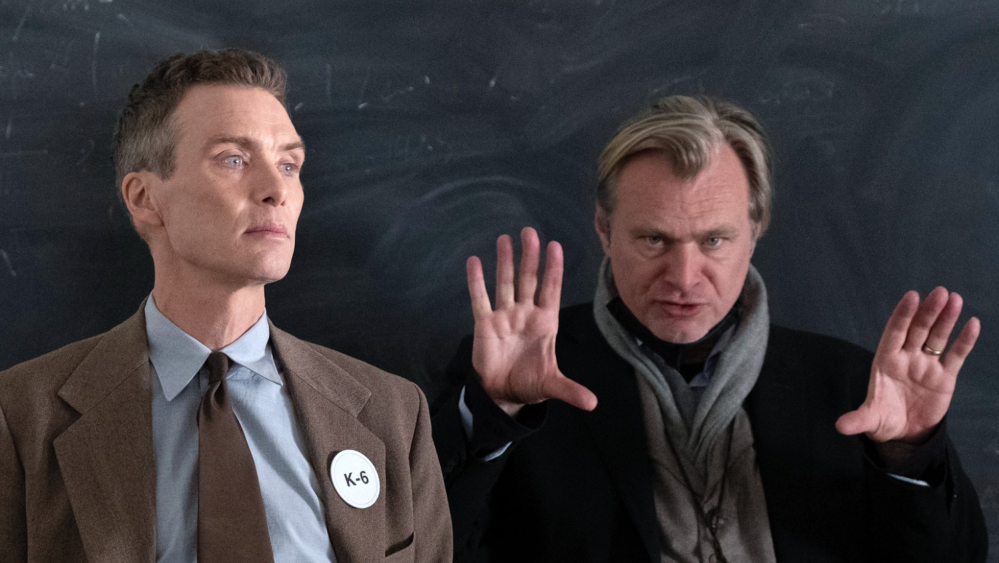In a recent interview with Variety, acclaimed director Christopher Nolan has finally broken his silence in response to the criticism surrounding his hit movie, Oppenheimer, released in July. The controversy primarily revolves around Nolan’s decision not to depict the Hiroshima bombing in the film.
Nolan defended his artistic approach, asserting, “The film presents Oppenheimer’s experience subjectively. It was always my intention to rigidly stick to that.” The director emphasized the timing and perspective of J. Robert Oppenheimer, stating, “Oppenheimer heard about the bombing at the same time that the rest of the world did.” This choice underscores the subjective nature of the narrative, focusing on Oppenheimer’s evolving understanding of the unintended consequences of his actions.
Elaborating on his creative vision, Nolan remarked, “I wanted to show somebody who is starting to gain a clearer picture of the unintended consequences of his actions.” He emphasized the significance of what is not shown in the film, highlighting the deliberate decisions made to craft Oppenheimer’s compelling storyline.
Addressing the criticism head-on, Nolan explained, “It was as much about what I don’t show as what I show,” indicating a purposeful and selective narrative construction.
As the conversation shifted to the film’s success at the box office, Nolan reflected on the unpredictable nature of timing in the film industry. “With certain films, your timing is just right in ways that you never could have predicted,” he noted. Acknowledging the challenges of aligning a film’s release with audience interests, Nolan commented, “When you start making a film, you’re two or three years out from when it’s going to be released, so you’re trying to hit a moving target as far as the interest of the audience.”
Despite these challenges, Nolan acknowledged the serendipity of capturing the audience’s attention, stating, “But sometimes you catch a wave, and the story you’re telling is one people are waiting for.” As Oppenheimer continues to generate discussion and debate, Nolan’s insights provide a glimpse into the complexities of filmmaking and the delicate balance between artistic vision and audience reception.




